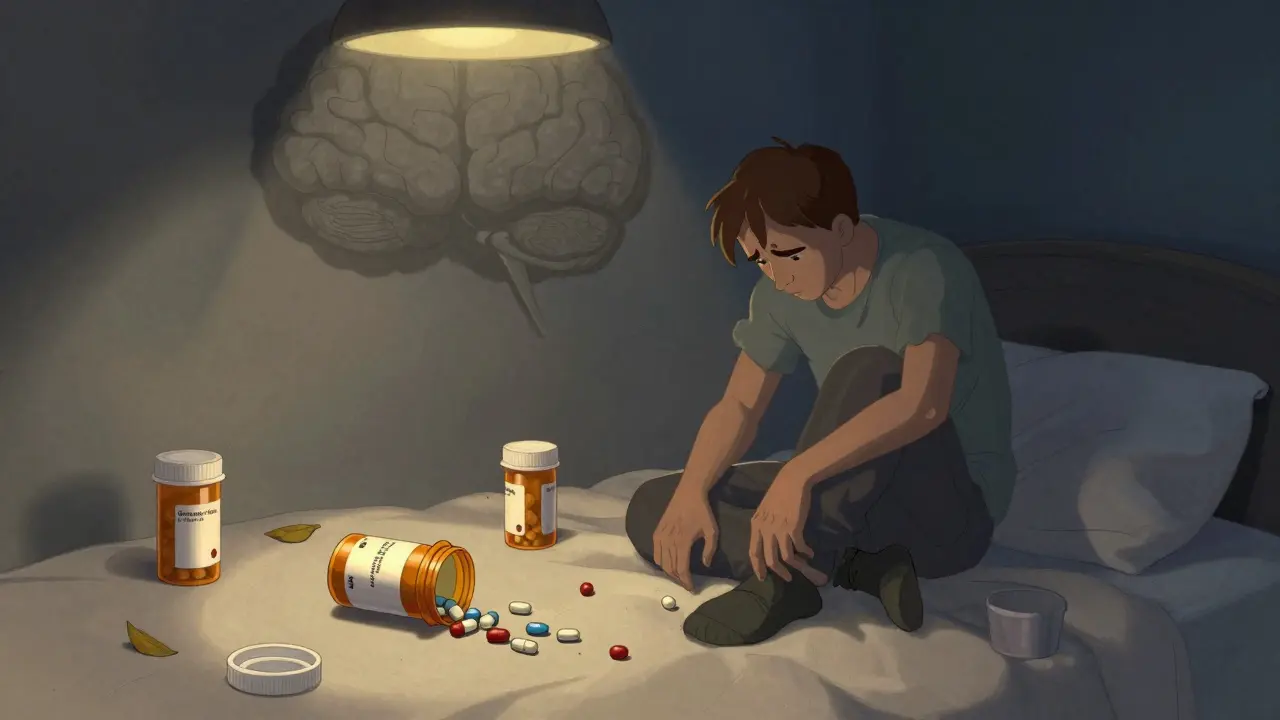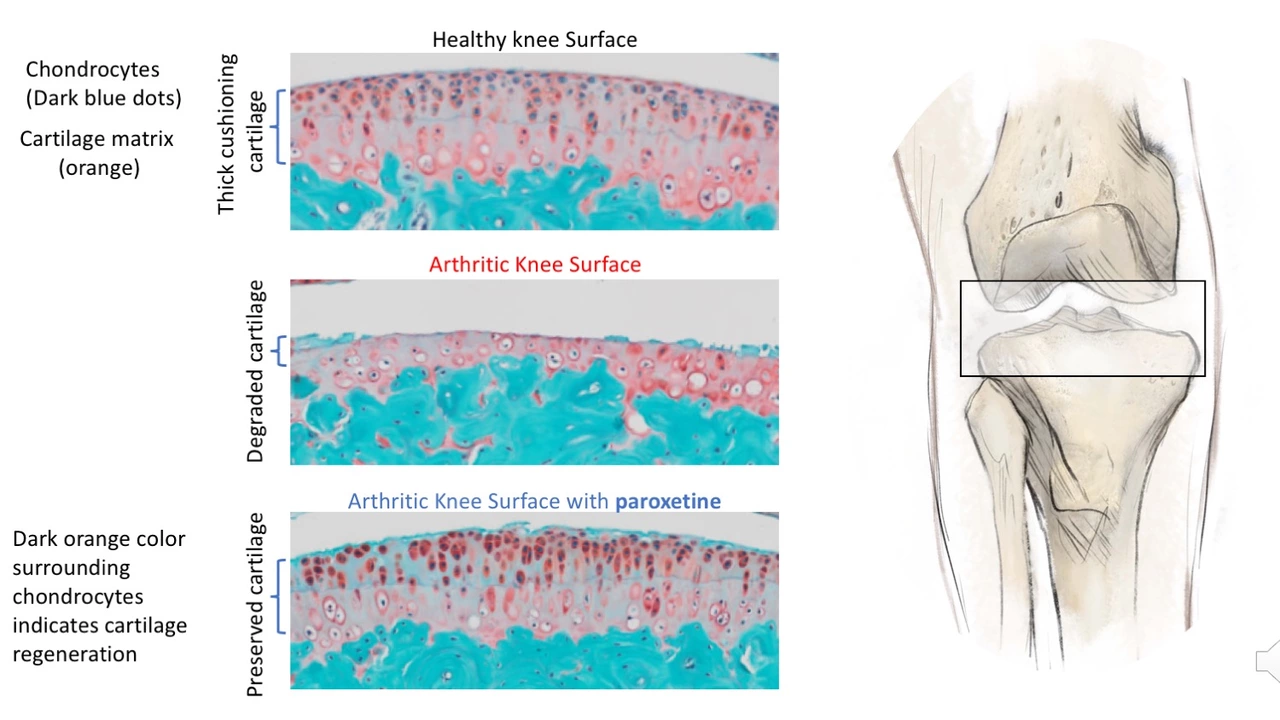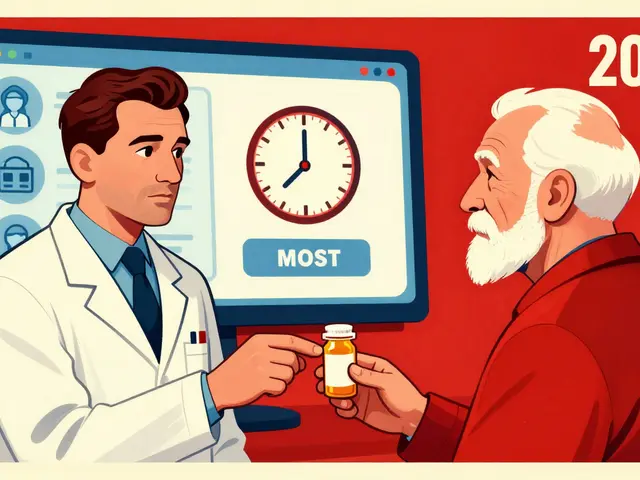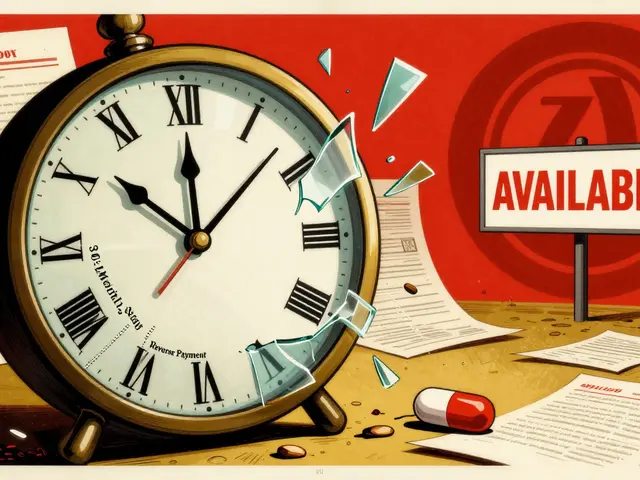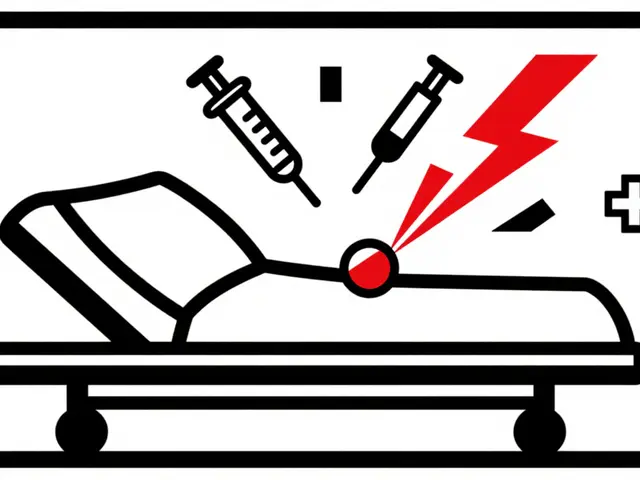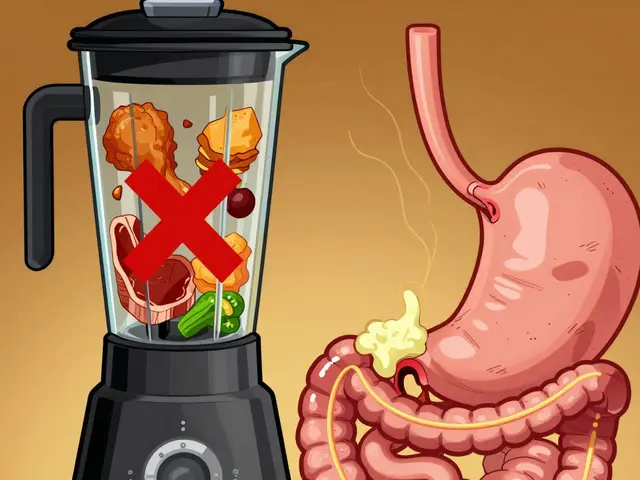Depression: What It Is, How It Shows Up, and Ways to Feel Better
Feeling down is normal, but when low mood sticks around for weeks, saps your energy, and makes everyday tasks feel impossible, you might be dealing with depression. It's not just sadness; it’s a medical condition that affects the brain, hormones, and even how you think about yourself. The good news? There are proven ways to lift the fog, from pills to simple daily habits.
Spotting the Warning Signs
The first step is recognizing the symptoms. Common clues include persistent sadness, loss of interest in hobbies, trouble sleeping or sleeping too much, and a drop in appetite or sudden weight changes. Many people also notice slowed thinking, difficulty concentrating, or feelings of guilt that don’t match reality. If you’ve had thoughts of self‑harm or felt worthless for more than two weeks, it’s time to reach out to a professional right away.
Depression can show up differently in men and women. Men often mask the mood side with irritability or risk‑taking behavior, while women might report more anxiety alongside low mood. Age matters too—teens may act out, whereas older adults can blame physical aches on their age instead of an underlying mood problem.
Effective Treatment Paths
Medication is a cornerstone for many sufferers. Antidepressants like SSRIs (e.g., sertraline) balance brain chemicals and usually start working within 2‑4 weeks. Your doctor will pick the right drug based on your health profile, potential side effects, and how you’ve responded to meds before.
Therapy works hand‑in‑hand with meds or on its own. Cognitive‑behavioral therapy (CBT) helps you spot negative thought patterns and replace them with realistic ones. Talk therapy gives you a safe space to unload stressors and learn coping tools. Even short, weekly sessions can make a big difference.
Don’t overlook lifestyle tweaks. Regular exercise—just 30 minutes of brisk walking most days—releases endorphins that naturally boost mood. A balanced diet rich in omega‑3s, whole grains, and leafy greens supports brain health. Consistent sleep schedules and limiting alcohol or caffeine also reduce symptom flare‑ups.
Support networks matter a lot. Sharing how you feel with trusted friends, family, or online groups can lessen isolation. Many communities host local meet‑ups for people coping with depression, offering practical tips and emotional encouragement.
If you’re unsure where to start, schedule a primary‑care visit. Doctors can screen for depression, rule out medical causes (like thyroid issues), and refer you to a psychiatrist or therapist. Telehealth options make it easier to get help without leaving home.
Remember, recovery isn’t a straight line. Some days will feel better than others, and that’s okay. Keep track of what improves your mood—whether it’s a morning jog, a favorite podcast, or a quick call to a friend—and build those habits into your routine.

